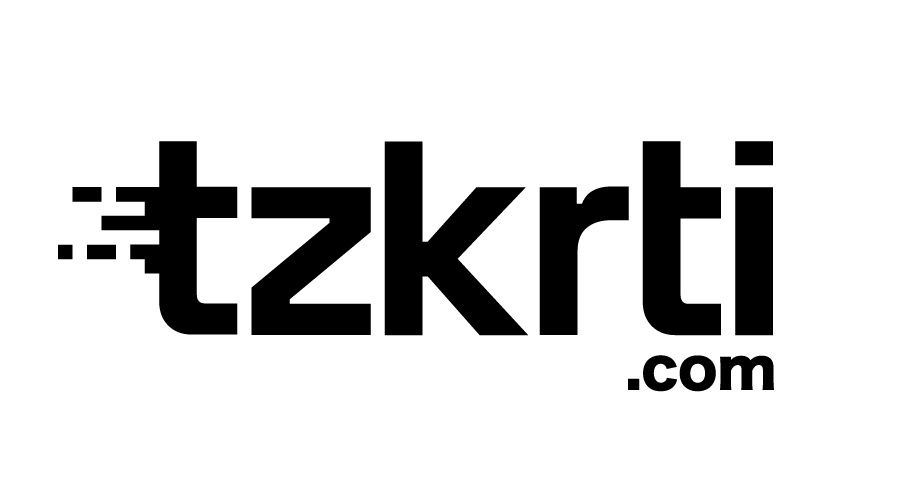The UAE’s Ministry of Economy has introduced a significant new regulation that reshapes the country’s advertising landscape. A mandatory “Advertiser Permit” is now required for all individuals and entities, including social media influencers, that engage in advertising activities. This move aims to enhance consumer protection and bring greater transparency to the rapidly growing digital marketing sector.
A New Era of Advertising Regulation
The new permit is a federal requirement under the purview of the Ministry of Economy, applying uniformly across all emirates. Its legal basis is rooted in the principles of the Consumer Protection Law, Federal Decree-Law No. (5) of 2023. The primary objective is to create a regulated advertising environment that safeguards consumers from misleading promotions and unlicensed activities, thereby fostering a climate of trust and fairness in the market.
Who Needs to Comply?
The scope of this new regulation is broad, impacting a wide range of players within the digital and traditional advertising ecosystems. Any entity that is paid to promote a product or service in the UAE must obtain the permit. This includes:
- Social media influencers and content creators
- Digital marketing agencies
- Online news and media platforms
- E-commerce websites that feature third-party ads
- Any commercial entity running its own advertising campaigns
Essentially, if an individual or company receives compensation for displaying or creating an advertisement for a UAE audience, the permit is now a legal necessity.
The Application Process and Costs
Securing the Advertiser Permit involves a straightforward process through the Ministry of Economy’s official website. Applicants must complete the required forms and pay a fee of AED 1,250. The permit is valid for one year, after which it must be renewed. This formalizes the advertising function, moving it from an often informal practice, particularly in the influencer space, to a licensed and regulated profession.
Significance for the MENA Tech Ecosystem
For the region’s startups, founders, and tech professionals, this new mandate carries significant implications. It introduces a new layer of compliance and operational cost, which must be factored into marketing budgets and strategies. For startups leveraging influencer marketing, it means ensuring that their creator partners are fully compliant. This regulation signals a maturation of the UAE’s digital economy, pushing for greater professionalism and accountability. While it may present a barrier for smaller, part-time influencers, it also offers an opportunity for licensed creators and established marketing firms to solidify their market position by providing compliant, high-quality services.
Looking Ahead
The rollout of the Advertiser Permit marks a pivotal moment for marketing and e-commerce in the UAE. All companies, from early-stage startups to established enterprises, must immediately review their advertising practices and ensure full compliance to avoid penalties. The regulation is expected to streamline the advertising industry, reduce instances of false advertising, and ultimately build greater consumer confidence in the digital marketplace. This development further solidifies the UAE’s position as a regional leader in establishing robust regulatory frameworks for its advanced digital economy.
Source: Gulf Business














